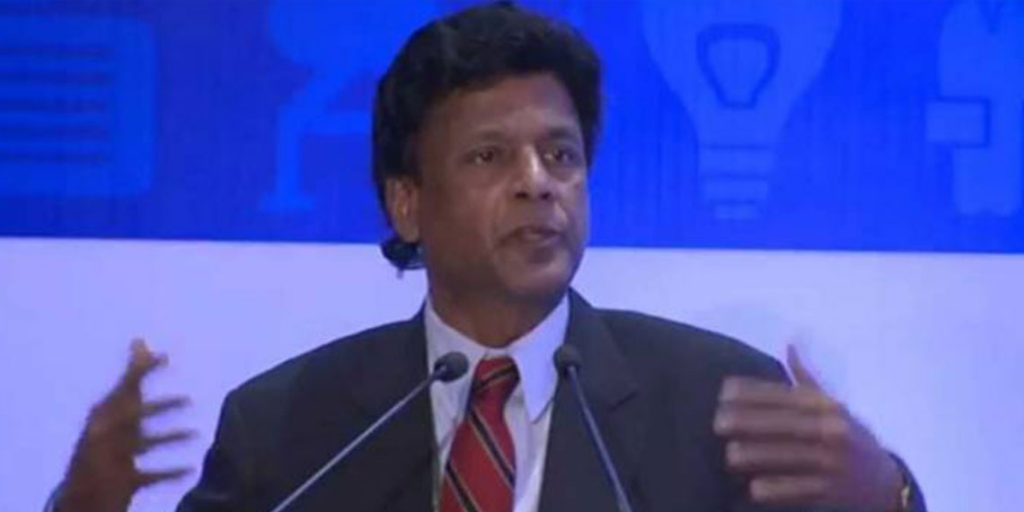Growing up in Guyana in the 1950’s, more so on a sugar estate – Uitvlugt – it was impossible to escape the presence of Dr. Cheddi Jagan. My earliest recollection of him was during the 1957 elections campaign during the August holidays. He stood on the “train line” entrance to the sugar factory and, pointing to the immaculate and imposing houses in the Senior Staff compound, promised the cane cutters in front of him that would live there after his government “kicked them out”. Most of them – like my father – had moved out of the logies in 1952-53 into new “high houses” in housing schemes. While they had received loans from the “Sugar Industry Welfare Fund”, they credited Jagan’s political agitation over the last decade for their change of fortunes. They had moved up and were amenable to continuing that trend.
Living in the racially mixed village of Uitvlugt and attending Primary School located in the “African Section” of Cashbah, the racial divisions were starting to manifest themselves in the crowds attending the meetings of the PPP (Jagan) and PPP(Burnham). After the PPP (Jagan) had won, I remember consoling my best friend Roy “Sugah” Rawlings, that “Abee win dis time but next time ayuh guh win”. Even children were seeing “abee and ayuh”. By the 1961 elections, the divisions had hardened followed by the 1963 “sit ins” at my school and the 1964 riots: Cashbah became ethnically cleansed – as were the surrounding Indian-dominated villages of Zeeburg and DeWillem. I remember Dr. Jagan, as well as Forbes Burnham, holding meetings in front of the Community Center to their now racially split constituencies. But what was more memorable was my older teenaged brother and other PYO youths tying donkeys at the same spot as Balram Singh Rai came campaigning for his Justice Party (JP). The PPP had dubbed it the “Jackass Party” that would “split the vote”. We were never to reconnect to our African friends, even though we still “lived” in the same village: there were now “schools” in each section of the village.
Dr. Jagan, of course, was to remain in the political wilderness for the next 28 years and most of my friends would become members of the PYO, with some passing through the PPP’s Accrabe College to be drilled on Marxist “dialectics”. Raised by my Nana and Nanie, who were supporters of Jang Bahadur Singh and more culturally oriented, I went into Mandir activism during these years. During the rigged Dec 1968 elections, Jagan did campaign in front of the Community Center to enthusiastic supporters but Burnham’s meeting was in the center of Cashbah, where an Independence Arch had been constructed. The rigging of the elections by Burnham and the PNC left bitter scars to youths like myself who could see no way out because of the PNC’s buttressing the army and police with their supporters. My friend Narine, the Pandit’s son whose ambition was to join the army – we called him “soldier boy” – would never be given the opportunity to serve.
In 1969, Dr. Jagan transformed the PPP into an orthodox Marxist Leninist party, further alienating me. I became acquainted with Walter Rodney’s position in 1970 after Stokley Carmichael’s visit and his talk at Queens College, attended by sixth formers, including from Indians Educational Trust that I attended. Dr. Jagan and the PPP ideologically rejected mobilization along cultural markers – as well as Carmichael’s particular position that Indian Guyanese must struggle separately and some were oppressing African Guyanese. Objecting to the latter position, some of us walked out. Sometime later, a group of us formed a nascent group “Organisation for the Protection of Indian Culture” (OPIC) but being opposed by PYO friends who held Dr. Jagan’s line. I was delegated to discuss the idea with Moses Bhagwan who had left the PPP and formed the “Indian Progressive and Revolutionary Association (IPRA). He listened carefully but demurred saying that he didn’t accept that Indians were oppressed culturally, merely politically. In this he did not disagree with Dr. Jagan. Leaving Guyana in 1972 for studies in the US, I missed the 1973 rigged elections and being away until 1979 could only follow political developments long distance and from new arrivals from “home”. Brooklyn College was not exactly a hotbed of Caribbean political activism. Most of the heavily Jewish student body was more consumed by accelerating Nixon’s withdrawal from Vietnam and following Bob Dylan’s 1974 tour.
